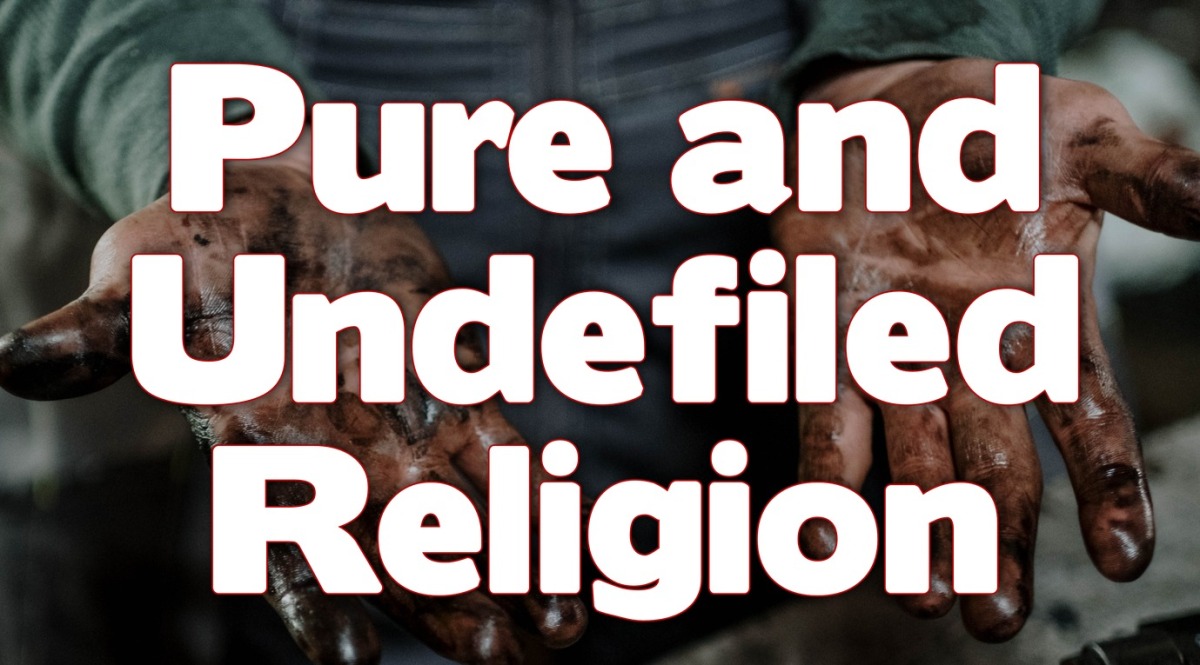Today’s reading is James 2.
Remember, pure and undefiled religion before God the Father is visiting the widow and the orphan in their affliction. But what if you find a brother or sister lacking in food and clothing? What should you do when you visit them? Pray for them, no doubt. Encourage them, surely. Remind them of God’s promises, absolutely. Recall in Deuteronomy 10:18, God executes justice for the fatherless and widow, and even the sojourner among God’s people. He does that by giving food and clothing. We are those who believe in that kind of God. We have faith. And so, when we visit the widow and orphan, the brother or sister in need, we can simply proclaim our great faith in God who clothes and feeds those in need. Then we can go about our merry way.
Of course not!
Pure and undefiled religion is not believing in a God who clothes and feeds His children in need. Pure and undefiled religion is being God’s instruments to accomplish His will. Pure and undefiled religion is becoming like God by allowing our faith in Him to change us and make us more like Him. Pure and undefiled religion is about having a faith completed by works (more on that tomorrow).
When we have food and clothing, we will be content (1 Timothy 6:8). If we have more than enough, when we see our brothers and sisters in need, we recall God has blessed us in order to be a blessing. We are generous, ready to share. What faith this shows. It shows faith God’s way is best. Further, it shows faith God will care for us if we spend ourselves in caring for others.
Let us not simply proclaim our faith in God’s promises to those in need. Let us not simply pray over them for God’s promises to come true. Let us be ready to be used as the answers to their prayers and the instruments of those promises. Let us not say, “Go in peace, be warmed and filled.” Let us warm and fill.
Tomorrow’s reading is James 2.
PODCAST!!!
Discuss the Following Questions with Your Family
- What are your initial reactions to the chapter and the written devo above?
- Should we pray for those who are in need and remind them of God’s promises? Why or why not?
- Why should we not stop with prayer and declaration of God’s promises when we have the capability to be of help?
- How does this compare to faith without works?
- What do you think we should pray for and about in light of this chapter and today’s post?





